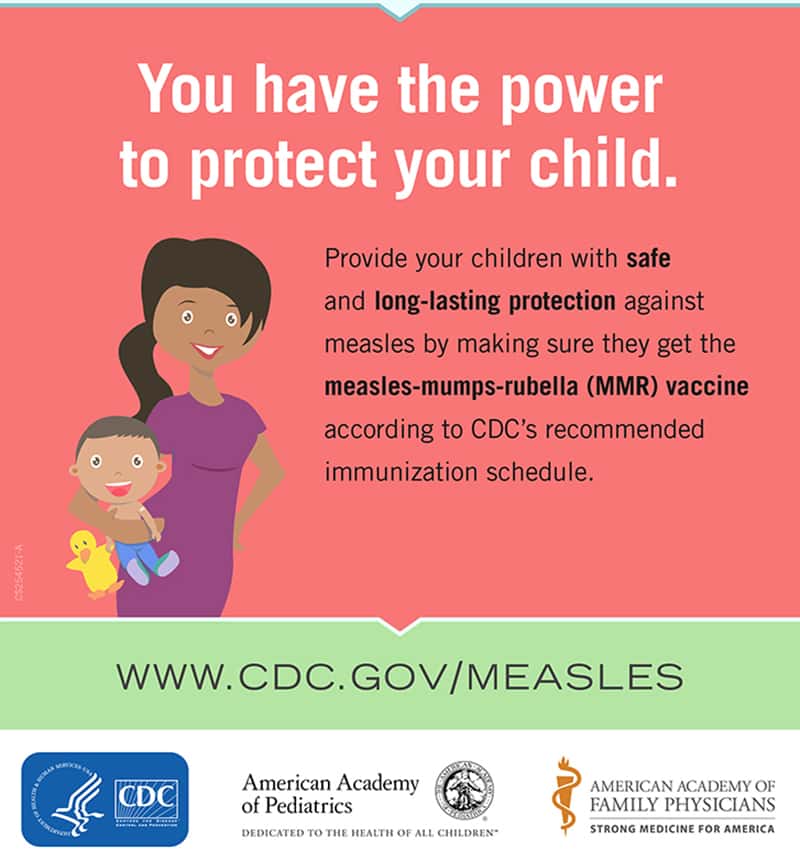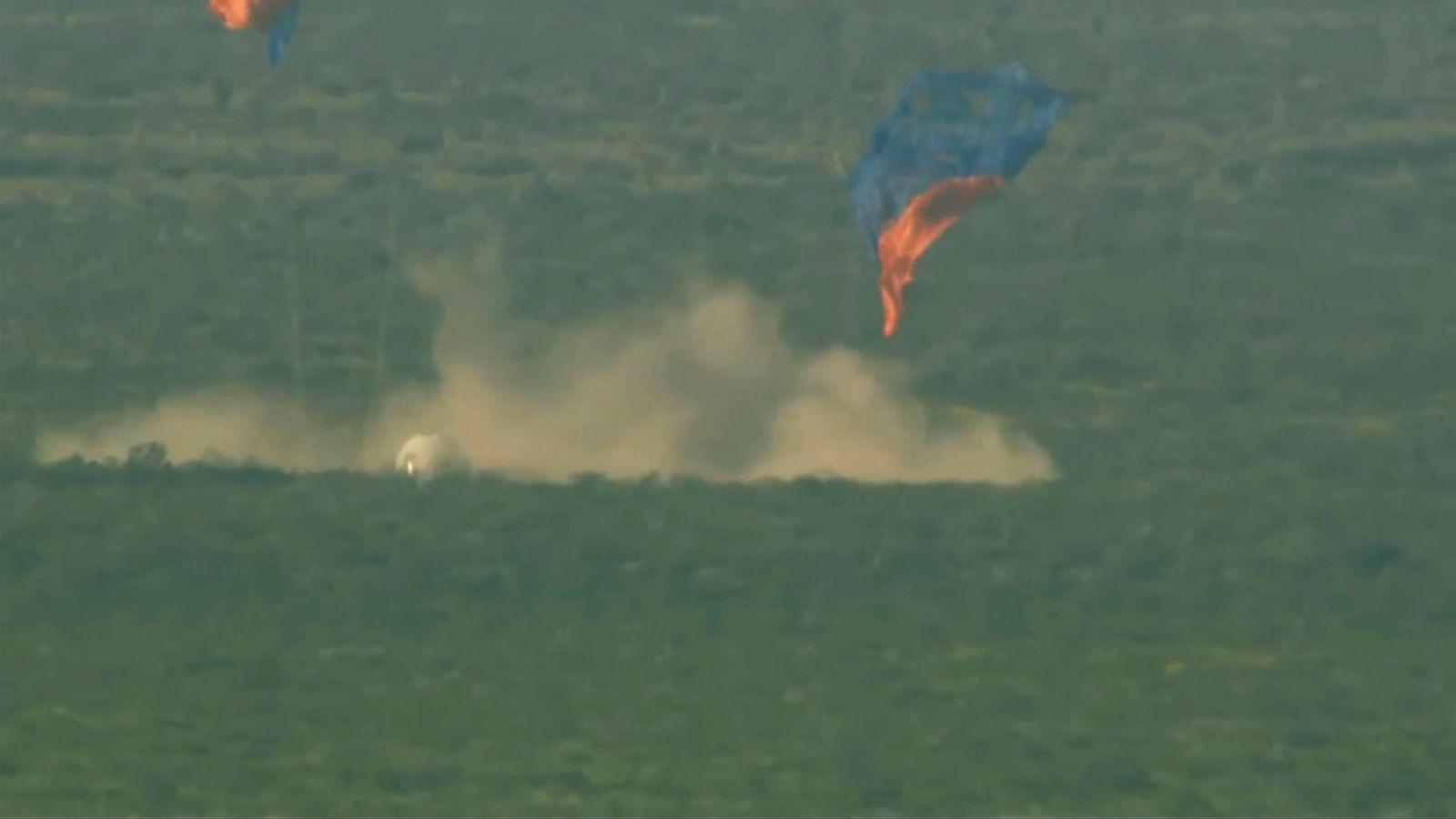US Vaccine Safety And The Current Measles Epidemic

Table of Contents
Understanding the MMR Vaccine and its Efficacy
The MMR (measles, mumps, rubella) vaccine is a highly effective immunization against three potentially serious viral illnesses. Understanding how it works is key to addressing vaccine hesitancy.
-
How the MMR Vaccine Works: The vaccine introduces weakened forms of the measles, mumps, and rubella viruses into the body. This triggers an immune response, producing antibodies that protect against future infection. Your body learns to fight off these viruses without causing the actual illnesses.
-
Vaccine Effectiveness: The MMR vaccine is incredibly effective. Studies show it's more than 97% effective against measles, protecting the vast majority of those who receive the recommended doses. Similar high efficacy rates exist for mumps and rubella.
-
Herd Immunity: Protecting the Vulnerable: Herd immunity is achieved when a significant portion of a population is vaccinated, making it difficult for a disease to spread. This protects those who can't be vaccinated, such as infants or individuals with weakened immune systems. High vaccination rates are vital for maintaining herd immunity and preventing outbreaks.
-
Recommended Immunization Schedule: The CDC recommends two doses of the MMR vaccine for children: the first dose at 12-15 months of age and the second dose at 4-6 years of age. This schedule ensures optimal protection.
Addressing Concerns about Vaccine Safety
Concerns about vaccine safety are understandable, but many are based on misinformation. Let's address some common myths:
-
Common Side Effects: Mild side effects, such as fever, rash, or soreness at the injection site, are possible but generally resolve quickly. Serious side effects are extremely rare.
-
Autism and Vaccines: A Debunked Myth: Extensive research, including large-scale studies, has definitively debunked the false claim linking the MMR vaccine to autism. This claim has been retracted by numerous scientific organizations and is not supported by credible evidence.
-
Rigorous Safety Testing: The CDC and FDA conduct rigorous testing and monitoring of all vaccines before they are licensed for use. Post-market surveillance continues to track adverse events, ensuring ongoing safety evaluation.
-
Reliable Information Sources: For accurate and up-to-date information on vaccine safety, consult your healthcare provider or reputable sources like the CDC and FDA websites.
The Current Measles Outbreak and its Impact
The current measles outbreak in the US represents a significant public health crisis.
-
Statistics: The number of reported measles cases has seen a concerning rise, highlighting the impact of declining vaccination rates. These numbers are readily available on the CDC website.
-
Geographic Spread: Measles cases have been reported across various states, emphasizing the widespread nature of the outbreak.
-
Seriousness of Measles: Measles is a highly contagious disease that can lead to severe complications, including pneumonia, encephalitis (brain swelling), and even death. It poses a particularly high risk to infants, pregnant women, and individuals with weakened immune systems.
-
Infection Prevention: Measles spreads through the air via respiratory droplets. Vaccination is the most effective way to prevent infection. Good hygiene practices, such as handwashing, can also help.
Protecting Vulnerable Populations
Infants too young to be fully vaccinated, pregnant women, and individuals with compromised immune systems are particularly vulnerable to severe complications from measles. High vaccination rates in the community offer vital protection for these vulnerable populations through herd immunity.
The Role of Public Health Initiatives in Combating the Epidemic
Public health initiatives are essential in combating the measles epidemic.
-
Vaccination Campaigns: Widespread vaccination campaigns are crucial in raising awareness and increasing immunization rates.
-
Community Outreach: Effective community outreach programs target underserved populations, address vaccine hesitancy, and provide access to vaccination services.
-
Health Education: Educating the public on the importance of vaccination and debunking myths about vaccine safety are crucial. This includes engaging healthcare providers as key messengers.
Conclusion:
The current measles epidemic underscores the critical importance of US vaccine safety and the efficacy of the MMR vaccine. Addressing vaccine hesitancy through accurate information and community engagement is paramount. The debunked link between the MMR vaccine and autism, along with the rigorous safety testing and monitoring, should reassure parents. Protecting your family and community requires timely vaccinations. Ensure your family's safety with timely vaccinations; protect your community from measles outbreaks; learn more about US vaccine safety and make informed decisions. Talk to your healthcare provider today to schedule vaccinations and contribute to herd immunity.

Featured Posts
-
 Is A Play Station Showcase Ps 5 Event Finally Happening Soon
May 02, 2025
Is A Play Station Showcase Ps 5 Event Finally Happening Soon
May 02, 2025 -
 Ely Rda Syd Ka Mwqf Kshmyrywn Ka Msylh Awr Khte Myn Amn
May 02, 2025
Ely Rda Syd Ka Mwqf Kshmyrywn Ka Msylh Awr Khte Myn Amn
May 02, 2025 -
 Technical Glitch Forces Blue Origin To Cancel Rocket Launch
May 02, 2025
Technical Glitch Forces Blue Origin To Cancel Rocket Launch
May 02, 2025 -
 Laukiamas Hario Poterio Parkas Sanchajuje 2027 Metu Atidarymas
May 02, 2025
Laukiamas Hario Poterio Parkas Sanchajuje 2027 Metu Atidarymas
May 02, 2025 -
 Cadeau Inattendu Du Chocolat A Volonte Pour Le Premier Ne De L Annee En Normandie
May 02, 2025
Cadeau Inattendu Du Chocolat A Volonte Pour Le Premier Ne De L Annee En Normandie
May 02, 2025
Latest Posts
-
 Where To Watch Newsround Bbc Two Hd Channel Guide
May 02, 2025
Where To Watch Newsround Bbc Two Hd Channel Guide
May 02, 2025 -
 Live Tv Drama Presenters Last Minute Cancellation
May 02, 2025
Live Tv Drama Presenters Last Minute Cancellation
May 02, 2025 -
 Daisy May Coopers Controversial Paint Job Leads To Legal Fight
May 02, 2025
Daisy May Coopers Controversial Paint Job Leads To Legal Fight
May 02, 2025 -
 When Is Newsround On Bbc Two Hd Full Tv Schedule
May 02, 2025
When Is Newsround On Bbc Two Hd Full Tv Schedule
May 02, 2025 -
 Unexpected Twist Tv Presenters Absence And Hosts Stand In Role
May 02, 2025
Unexpected Twist Tv Presenters Absence And Hosts Stand In Role
May 02, 2025
